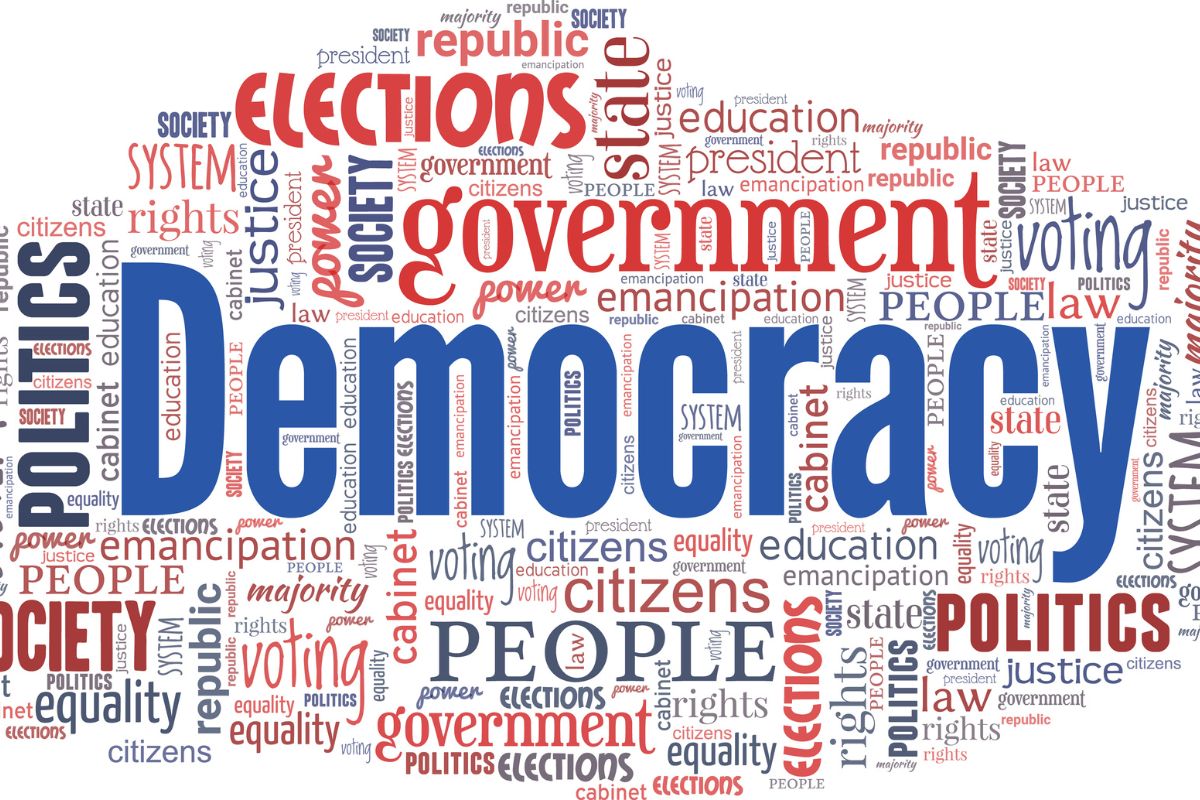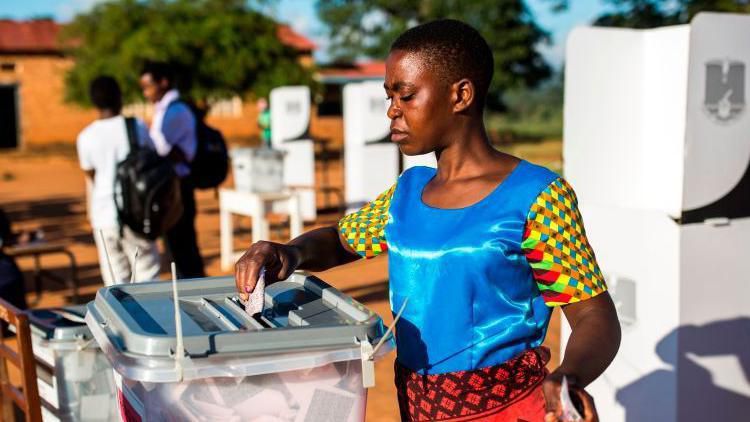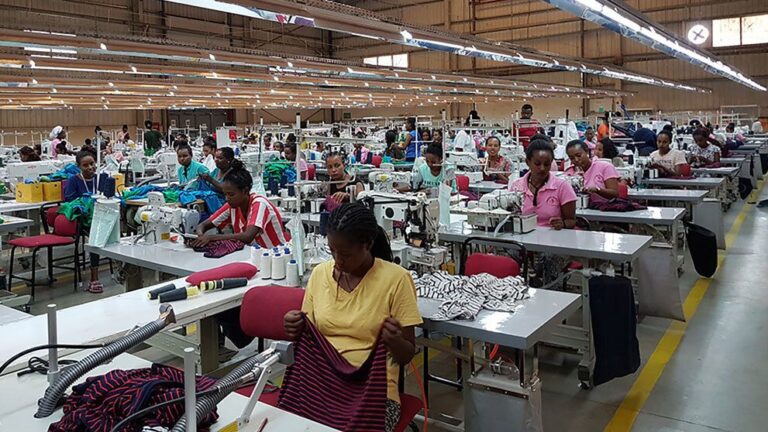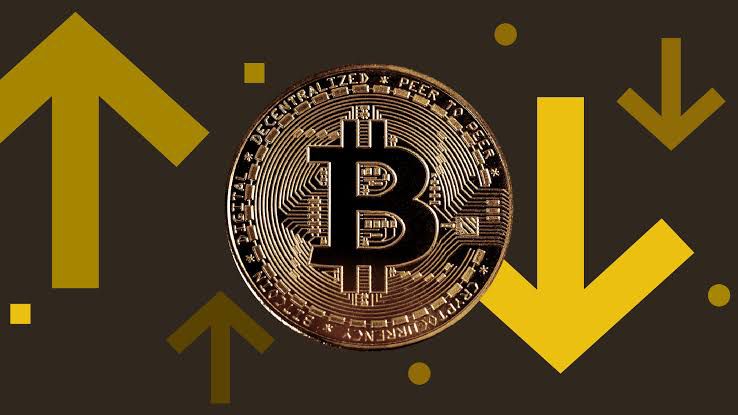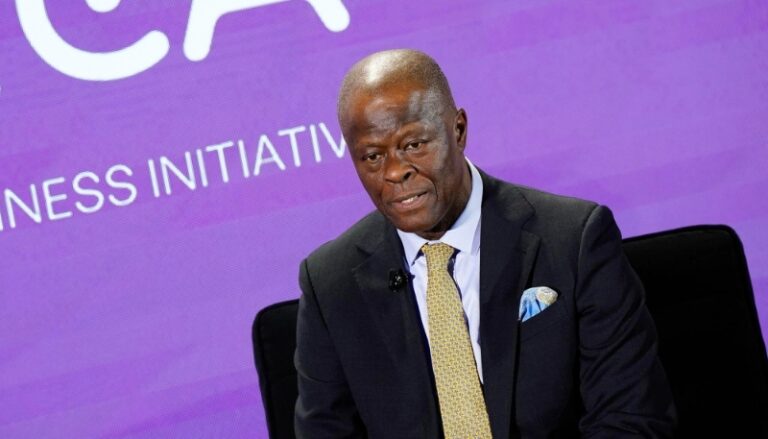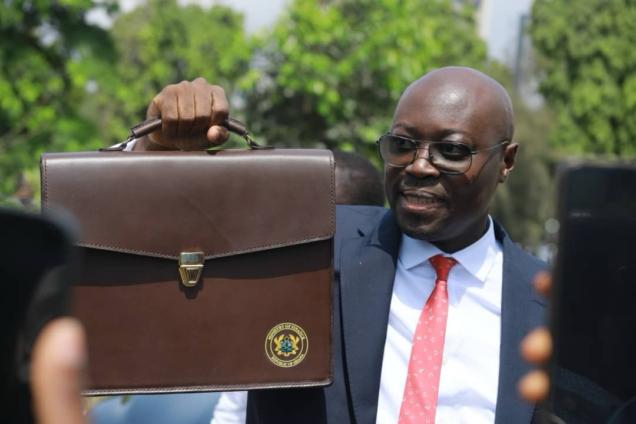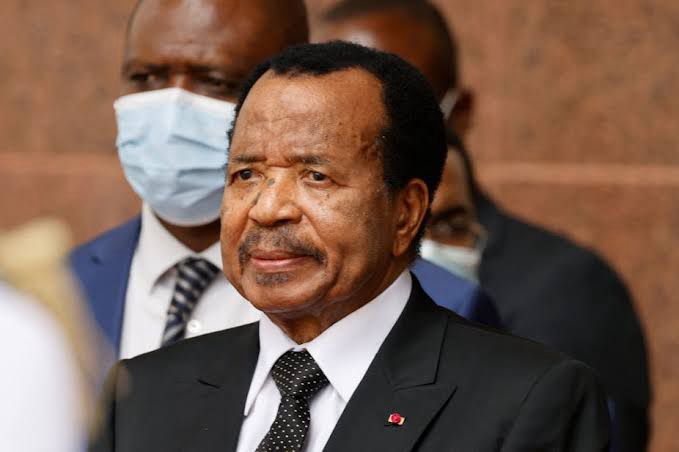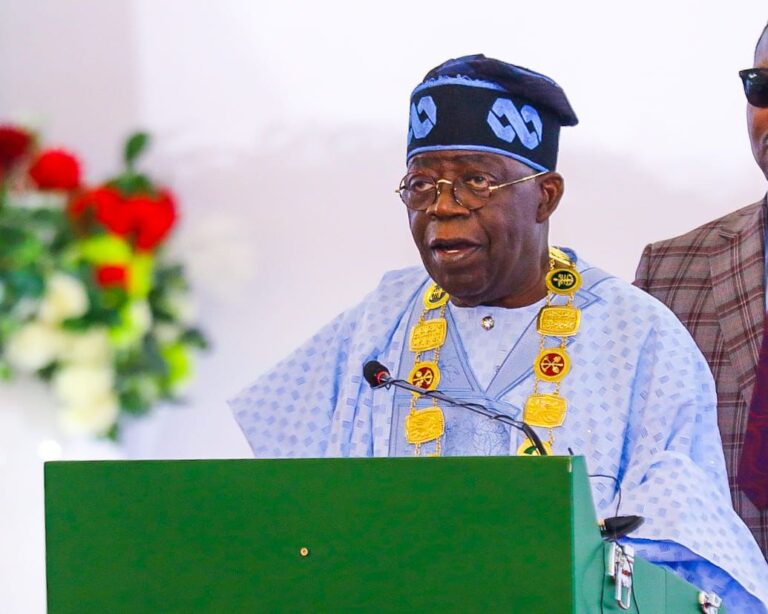Liberal democracy is facing a crisis of confidence in many parts of the world. In other parts, democracy is facing an end of life emergency. It is a crisis borne out of democracy’s failure to meet the social and economic expectations of many who believe they have been swindled by the promise of freedom, peace and prosperity; democracy dividends the western salesmen of that ideological system peddled to the rest of the world.
Many across different oceans are having a buyer’s remorse. While the notion of democracy is polysemic, for many, it connotes good governance, and of course, good governance should produce tangible social and economic surpluses; a safe and secure state and a prosperous economy that caters to all or at least to most.
Since reaching its apogee in the 1990s after the fall of its ideological antagonist, communism, democracy has increasingly excluded the poor in spirit, the meek, the persecuted and those who hunger and thirst for socio-economic rehabilitation.
Liberal democracy was supposed to belong to all; bring all into its aspirational and protective coven, but it has become a private good with high excludability and high difficulty for most. The transaction cost of democracy in many parts of the world has become so high that it has resulted in extreme negative externalities for citizens.
In Russia, many still assert today that liberal democracy introduced in the early 1990s almost destroyed the country with its attendant run-away inflation, corruption and insecurity until Vladimir Putin assumed power and enforced his illiberal brand of democracy that ultimately reigned in many of the excesses of democracy.
Nothing so improves one’s appreciation for democracy as bearing witness to its near-obliteration in Nigeria. The cost of democracy has been one that has over-consumed and under-provisioned. Hundreds of billions of dollars of oil revenues have accrued to Nigeria’s politicians since democracy was allowed to exist in 1999, yet, 43 percent of the country’s 200 million population is either unemployed or underemployed and 133 million Nigerians live in poverty.

As American Historian and journalist, Jill Lepore noted in an article in the New Yorker in 2020, It’s a paradox of democracy that the best way to defend it is to attack it, to ask more of it, by way of criticism, protest, and dissent. Yet, one of the sad tragedies of democracy today is that it is increasingly repudiating dialogue. Free exchange of ideas and beliefs under democracy is being attacked, libelled and criminalised; exactly what military rulers and dictators do.
In the United States and the West, there has been an unyielding attack on free speech and conscience by woke culture warriors aided by ‘progressive’ governments in power. A cancel culture that punishes contrasting views has been institutionalised thus limiting free speech and the opportunity for open debate; basic prerequisites for democratic survival.
A 2022 Chatham House analysis aptly noted the democracy fallacy in Nigeria.
“To many Nigerians democracy seems to have few benefits. Between 2015 and 2022, the democratically-elected government of Buhari presided over worsening security, continuing corruption, and two recessions. Nigeria became the poverty capital of the world, consistently ranked as one of the world’s most corrupt nations…The government has been cracking down on the free press as evidenced by its actions during the #ENDSARS protests of 2020”.
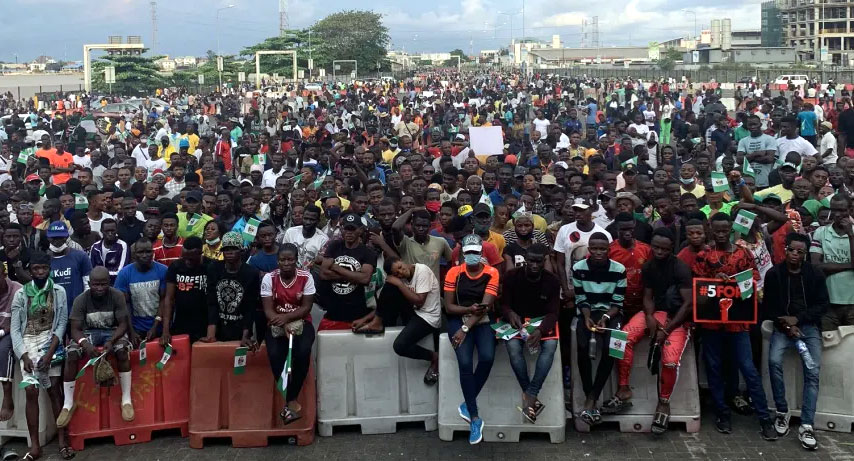
In October 2020, the Buhari government ordered the Nigerian Army to massacre hundreds of unarmed citizens exercising their democratic rights of protest against police brutality in the commercial capital of Lagos.

“At the Lekki Toll Gate, officers of the Nigerian Army shot, injured and killed unarmed helpless and defenceless protesters, without provocation or justification, while they were waving the Nigerian Flag and singing the National Anthem and the manner of assault and killing could in context be described as a massacre,” a leaked government report found.
In Nigeria, corrupt judges and many they are, are eroding the legitimacy of democracy by their bribe induced judgements. The sleazy Nigerian judiciary has taken it upon itself to determine who holds political office and who is excluded from such offices, an activism that has made these judges rich but left Nigerians wondering if their votes really matter.
The social political and economic beneficiaries of democracy, few in numbers have engaged in a ‘Nash equilibrium’ relationship with the vast majority who have been crowded out of the democracy ‘cake’
Elections in Nigeria are very expensive shindigs, but the outcomes have remained credible threats to democracy itself.
The 2023 presidential election remains an aching sore in the conscience of Nigeria. For many, it was a heist by the ruling party in collusion with the election’s organiser. A European Union Observer Mission report on the election, affirmed the prevailing sentiments of the majority of Nigerians that the election was stolen.

Public confidence and trust in democracy were severely damaged as result of the fraud-soaked process and outcome, and has not been restored by the equally polluted judicial intervention.
In Africa, the failure of governments to deliver on even the littlest of their grandiose promises has left many retreating from the promise of democracy. Hence, there is a growing tolerance for the intrusion of the military in politics.
Seven African countries have all been hit within a span of three years by military coups.
Across West and Central Africa, soldiers and strongmen have seized power and upturned the hope of democracy.
In Nigeria, after the fraudulent and globally pilloried presidential elections that brought president Bola Tinubu to power, many young Nigerians are beginning to openly whisper their indifference to a return of the military to power.

Across social media chatrooms, many who were not witnesses to the dark days of military rule in Africa’s most populous country are wondering if the soldiers would not deliver more economic dividends and ensure better security in a country badly blighted by a salad of Islamist terror, ethnic violence and economic disaster.
In Sierra Leone, a bloody coup attempt against the democratically elected president in November was violently put down.
It is not just in coup prone West Africa though. Even some of the continent’s long-standing democracies appear to be under pressure. Joseph Asunka, CEO of leading Africa research network, Afrobarometer warned in April about the “worrying democratic trends being evident even in Botswana, Namibia, South Africa, and Ghana – once considered Africa’s long-standing democracies”
“Popular ratings of the extent of democracy, satisfaction with democracy, levels of corruption, and citizens’ perception of the general direction of the countries are all trending in the wrong direction in these countries,” he said.
A recent Afrobarometer survey conducted in 28 countries in 2021 and 2022, found that fewer than half (46%) of Africans say their country is a full democracy or a democracy with minor problems, and even fewer (38%) say they are satisfied with the way democracy works in their country. Both ratings have declined since 2014/2015: The perceived extent of democracy is down by 4 percentage, while satisfaction has dropped by 7 points.
In Ghana, only 12% of citizens say the country is going in the right direction, and only about half (51%) are satisfied with how democracy works, the lowest level recorded since 2012. The proportion of citizens who perceive all or most officials at the Presidency as corrupt has risen to 55%, its highest level in two decades of surveys.
In Botswana, satisfaction with democracy (30%), perceived integrity in the office of the president (35%), and the perception that the country is heading in the right direction (23%) have all declined dramatically over the past decade. Namibia has recorded an 18-point loss of confidence in the integrity of the Presidency since 2012, along with a stunning 49-point decline in the perception that the country is going in the right direction (22%). And in South Africa, all four indicators have dropped by 20 to 32 points, with support for democracy now at just 40% – one of the lowest levels Afrobarometer has recorded across Africa.
What about the West? That bastion of liberal democracy?
A four-nation Pew Research Centre survey conducted in November and December of 2020 found that roughly two-thirds of adults in France and the U.S., as well as about half in the United Kingdom, believe their political system needs major changes or needs to be completely reformed.
A December 2021 German Marshall Fund report also found that “scepticism about government, despite a desire to see governmental action, is rooted in dissatisfaction with the state of American democracy. Half the American public is dissatisfied with the way democracy is working in the United States”.
A June 2023 Pew Research survey in the United States found that majority of Americans believe the political process is dominated by special interests, flooded with campaign cash and mired in partisan warfare with elected officials widely viewed as self-serving and ineffective.
68% of Americans overall say they at least somewhat wish there were more parties to choose from, but they’re not convinced that having more than two major parties would make it easier to solve the nation’s problems.
The truth is that for most in the developing world, democracy has been an over-hyped creed that has delivered little.
Herein lies the problem with democracy. It was oversold by its high priests as the potent snake oil that cures all socioeconomic and political tribulations. Now, many are asking if there is anything actually wrong with contending ideological systems that deliver security and jobs even if they are socio-politically restrictive.
Nosa Igbinadolor is a journalist and researcher.



